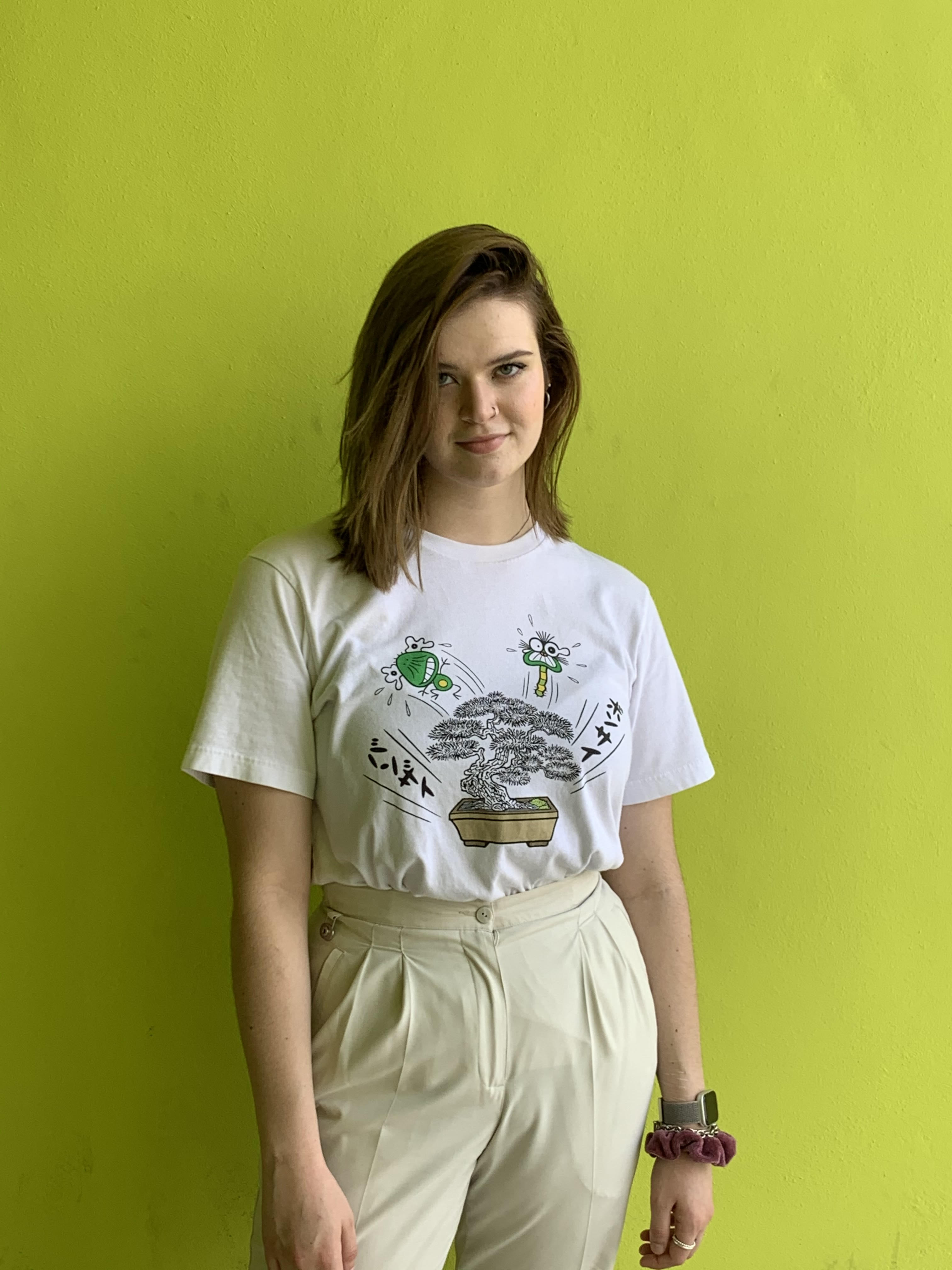BTS Take Control, In More Ways Than One
We Review The New Album From The K-Pop Kingpins
Every week, we tell you about an album we think you need to spend time with. This week’s album is Map of the Soul: 7, the new album from Korean superstars BTS.
When I last wrote an Album of the Week for Vinyl Me, Please, you were excused for not knowing BTS: they were a secretly huge K-Pop group who were selling out arenas in America and selling tons of albums, but weren’t exactly household names yet. In the 10 months since, there’s no way you missed them: they collaborated with Lil Nas X, and played SNL, every late night show of note, and the Grammys. Your mom has seen them on TV, and gotten familiar. The point is: BTS are no longer something to be missed: It really is their world now.
This past Friday, the pop princes released Map of the Soul: 7, the full-length continuation of their EP, Map of the Soul: Persona, released last April. On the first day of release, all 20 of the songs included in MOTS: 7 charted on the United States’ Top 20 iTunes Chart and sold 2.13 million physical copies around the world in the first two hours. I would comment on how ludicrous and impressive these numbers are if they didn’t already speak for themselves.
Their commercial success feels like a foregone conclusion now with every release, but BTS aren’t content to just play to type; while their last few releases were meant for the fans and what they wanted in each release, this album is clearly meant more for the group itself. BTS play with many different genres here across the 15 new tracks here (five are carryovers from the last EP), playing closer to the rap, and sonically adventurous things they did before they became K-Pop kings. Ranging from “ON”’s marching anthem featuring trap beats and a live band, to Suga’s rap fronted hip-hop flare in “Intro: Shadow,” to the vocal line’s silky pop centered sound in “Zero O’clock,” BTS effortlessly blend their older, more hiphop focused sound with their newer and deeper understanding of popular, contemporary genres. And in a nod to their position in the global pop hemisphere, the group brings in four collaborators as well: Sia on the digital version of “ON,” Halsey on “Boy with Luv,” and Ed Sheeran and Troy Sivan writing collaborations (“Louder Than Bombs” and “Make It Right,” respectively).
Among the 20 songs included in MOTS: 7, the album features a solo track by each of the members, granting each a platform to shine individually as well as the ability to shine as a unit. Where BTS’s last thematic era for their music was centered around the encouragement of their fans to love themselves, this album and era aren’t just musically more so for the band than the fans, but in theme as well. MOTS: Persona’s had a partial focus on the “personas” or masks that the members are forced to wear due to their constant presence in the global consciousness, and this album extends upon that subject, to be focused more on the darker elements of their fame. It’s a fitting time for BTS to be publicly questioning the challenges of fame, when it’s eaten up and spit out so many American pop stars in public fashion. On “Black Swan,” the band worries about losing the love they once had for music, due to the work they now have to do around it. On Jimin’s “Filter,” he likens himself to a “filter” in the sense that he can morph himself into whatever the public wants, and he does so in a Latin pop style. RM’s, Suga’s, and J-Hope’s “UGH!” is an aggressive continuation of the rap line’s cyphers, with this addition addressing the hate the band has received over the years. While Jungkook’s track “My Time,” documents the movie-like qualities of his life while also simultaneously expressing his anxiety of growing up too fast and missing out on experiences people his age experience. He addresses the common notion that a celebrity’s time is not their own using soft rock with some pop and a little bit of R&B for an individualistic and unique sound compared to the rest of the record. (The rest of BTS have solo songs that play on these themes as well; Jin's "Moon," "Inner Child" by V, and "Outro: Ego" by J-Hope.)
With Map of the Soul: 7’s chameleon-like sound and of-the-moment themes, the biggest question that remains is whether or not BTS will finally be granted significant U.S radio airplay, the last hurdle to their total domination of the U.S. pop world. Although BTS is breaking musical and cultural records left and right, western radio stations still rarely play their music, and when they do get air time, it is one of their songs featuring a well-known western artist. With the numerous genres utilized on this album, the band is bound to make its way onto mainstream playlists. The adventurous and more rap-leaning sounds ought to get BTS on more western radio stations, whether people who are unprepared for them like it or not. Despite all odds, BTS has broken boundaries that usually restrict their genre, proved that music transcends language, and slowly showed how the globe’s East and West cultures are not as separated as people tend to believe. BTS started 2019 as one of the best kept secrets in pop music; they enter 2020 as living legends.
Molly is your average, sleep deprived college student striving for a degree while also trying to find the time to support her Sims family.
Related Articles
Join the Club!
Join Now, Starting at $44Exclusive 15% Off for Teachers, Students, Military members, Healthcare professionals & First Responders - Get Verified!




